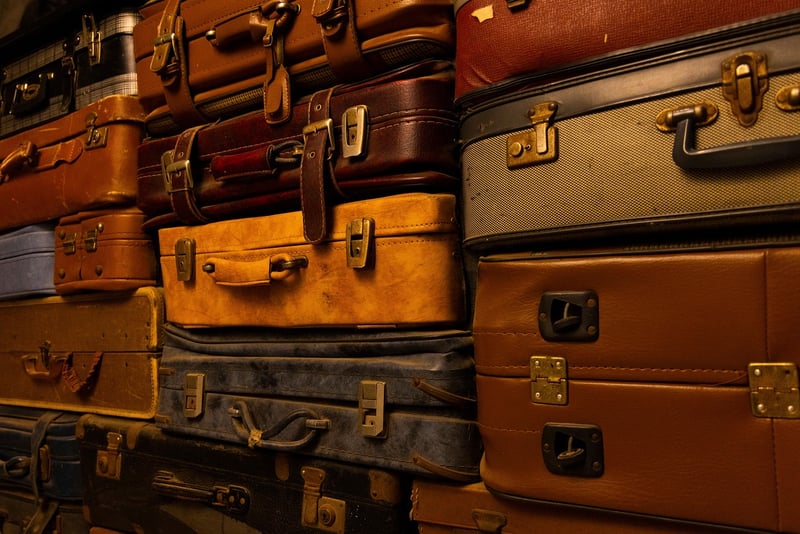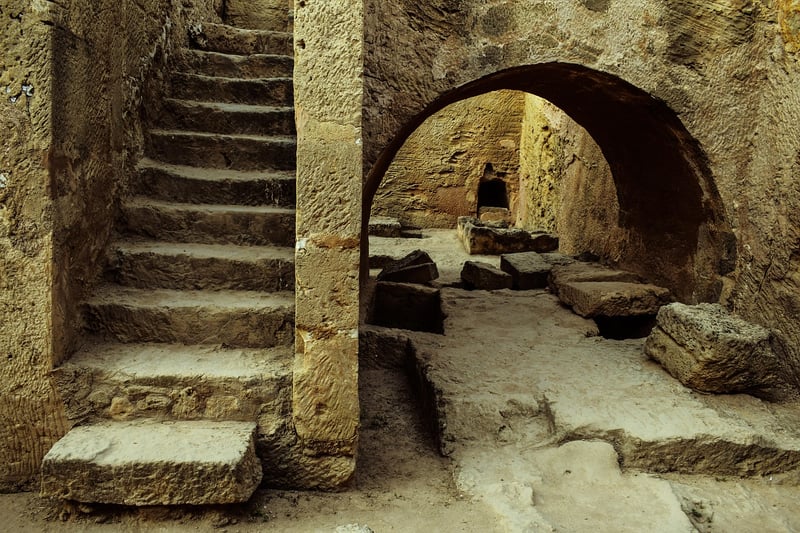Historic Relics
Preserving Historical Items: A Guide to Protecting Historic Relics
Historic relics hold invaluable insights into our past, offering a glimpse into bygone eras and shaping our understanding of history. Preserving these artifacts is crucial to ensure they remain intact for future generations to appreciate. Whether you're a museum curator, a collector, or simply a history enthusiast, here are some essential tips for safeguarding historic relics.
1. Proper Storage
Store artifacts in a controlled environment with stable temperature and humidity levels to prevent deterioration. Use acid-free materials for packaging and storage to avoid chemical reactions that could damage the relics.
2. Regular Inspection
Inspect relics periodically for signs of damage or decay. Early detection can help prevent further deterioration and allow for timely conservation efforts to be undertaken.
3. Handling with Care
When handling historic items, wear protective gloves to prevent oils from your skin causing damage. Support fragile relics properly to avoid accidental breakage.
4. Conservation and Restoration
Consult professional conservators for any necessary restoration work. Avoid DIY repairs, as improper techniques can irreversibly harm the artifact.
5. Documentation
Keep detailed records of each relic, including its origin, condition, and any treatments it has undergone. Proper documentation is essential for provenance and historical research.
6. Display Considerations
If displaying relics, use UV-filtering glass to protect them from light damage. Rotate artifacts periodically to minimize exposure and ensure even wear.
7. Security Measures
Implement security measures such as alarms, surveillance cameras, and secure display cases to prevent theft or vandalism of valuable historic relics.
By following these guidelines, you can contribute to the preservation of our collective heritage and ensure that historic relics continue to inspire and educate for years to come.

Image Source: Pixabay
